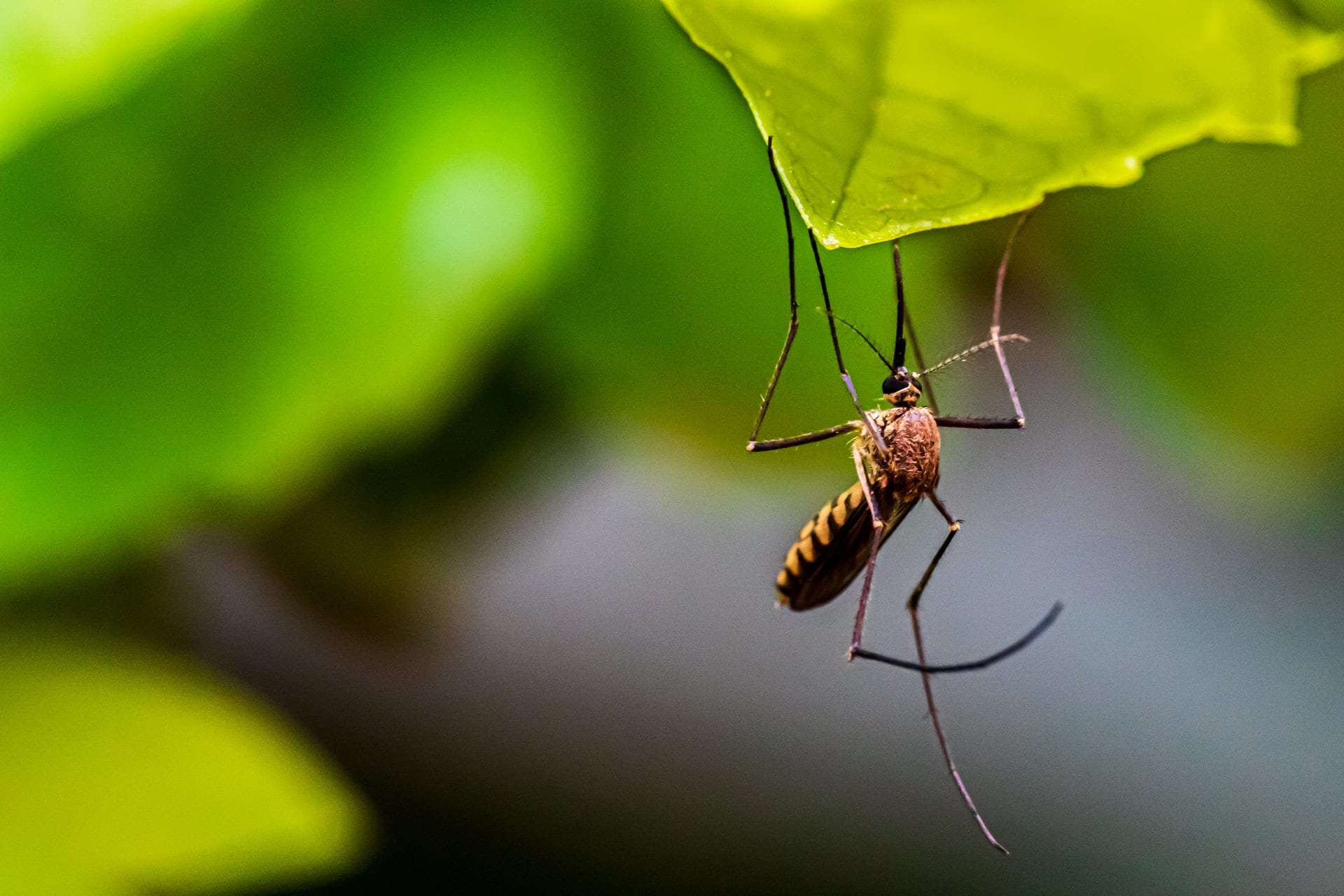13 December 2022
Geneva Continues to Support WRAIR’s Long War Against Malaria
Geneva received two new awards on behalf of researchers at the Walter Reed Army Institute of Research from Congressionally Directed Medical Research Programs to continue to develop protection from malaria.
Malaria remains among the most significant infectious diseases facing U.S. service members deployed to tropical and subtropical regions. Transmitted through the bites of infected mosquitoes, malaria kills over 600,000 people every year with children under five years old accounting for more than 80% of malaria deaths in 2021.
Malaria has been with us for most of recorded history and the Walter Reed Army Institute of Research (WRAIR) has been in the battle against malaria since its establishment in 1893. WRAIR, part of the U.S. Army Medical Research and Development Command (USAMRDC) under the Army Futures Command, is the largest biomedical research facility administered by the Department of Defense (DoD) and one of the world’s premier research centers for infectious diseases.
Since 2005, Geneva has collaborated with WRAIR researchers and currently administers 16 research programs for 13 principal investigators onsite.
The mission of WRAIR’s Malaria Biologics Branch at the Center for Infectious Disease Research is to “develop new vaccines and biologics in collaboration with global and U.S. government partners to reliably prevent malaria infection in military personnel by maintaining robust, expert competency in basic and applied research areas in order to transition candidate products to advanced clinical testing in endemic areas.” WRAIR has been involved with testing nearly every drug approved by the U.S. Food and Drug Administration for protection against malaria.
This year, Geneva received two new awards on behalf of researchers at WRAIR from USAMRDC to continue to develop protection against malaria.
Principal Investigator Anajali Yadava, PhD, a microbiologist at WRAIR, is leading a study titled “Rational Design of an Immunogen for Protection Against Plasmodium vivax Malaria.” This program is in partnership with the University of Alabama at Birmingham for a total award amount of $616K and is focused on novel strategies for malaria vaccine design to improve efficacy. In 2022, the first-ever malaria vaccine was made available having been borne from research initially conducted at WRAIR.
Under another award from Principal Investigator Sheetij Dutta, PhD, chief of the Structural Vaccinology Lab at WRAIR, a study titled “Immune Therapeutics That Combine Fast-Acting Monoclonal Antibody and a Vaccine for Long-Lasting Protection Against Plasmodium falciparum Malaria” is underway for a total award of $1.6M. In March of 2021, Dr. Dutta was the lead investigator of groundbreaking research finding evidence of monoclonal antibodies evidence against malaria that helped guide this additional research.
The success of malaria research will lead to the discovery of new, safe, and effective antimalarial treatments to protect the service members deployed in the malarial epidemic areas of the world.

Malaria is endemic to more than 100 countries and territories worldwide and is predominantly found in the tropic and subtropic regions.
HIGHLIGHTS
- WRAIR has been involved with testing nearly every drug approved by the U.S. Food and Drug Administration for protection against malaria.
- Since 2005, Geneva has collaborated with WRAIR researchers and currently administers 16 research programs for 13 principal investigators onsite.
- This year, Geneva received two new awards on behalf of researchers at WRAIR from the U.S. Army Medical Research and Development Command (USAMRDC) to continue to develop protection against malaria.


